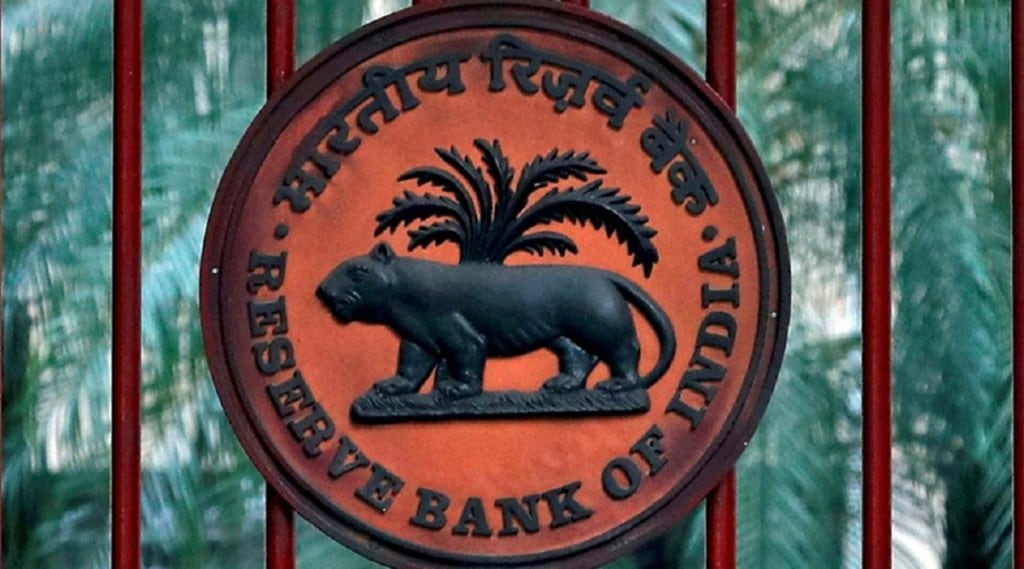The Reserve Bank of India (RBI) Governor Shaktikanta Das on Thursday announced the operation of pre-sanctioned credit lines at banks through United Payments Interface (UPI). “It is now proposed to expand the scope of UPI by enabling transfer to / from pre-sanctioned credit lines at banks, in addition to deposit accounts. In other words, UPI network will facilitate payments financed by credit from banks,” he said. At present, UPI transactions are enabled between deposit accounts at banks, sometimes intermediated by pre-paid instruments including wallets.
The RBI governor said that the move will encourage innovations. “UPI has transformed retail payments in India. UPI’s robustness has been leveraged to develop new products and features from time to time,” Das added. Highlighting that RuPay credit cards were permitted to be linked to UPI, Das said, “The UPI system has been leveraged to develop products and features aligned to India’s payments digitisation goals.” Presently, UPI handles 75 per cent of the retail digital payments volume in India.
Reacting on the same, Rajsri Rengan, India Head of Development, Banking and Payments, FIS, said, “The ability to access pre-sanctioned credit lines through UPI will prominently help in reduction of the time and effort required for customers to secure loans, ultimately driving economic growth and development.”
“The RBI announcement to allow access to pre-sanctioned credit lines via UPI is a milestone decision which could re-ignite the digital lending and BNPL space. With the UPI channel opened up for access to credit lines, the point-of-purchase credit experience becomes seamless and opens up avenues to use credit across a much larger merchant base,” added Harish Prasad, Head of Banking, India, FIS.
Growth of UPI
According to National Payments Corporation of India (NPCI), transactions on the UPI platform rose 60 per cent year-on-year in MArch to a record 8.7 billion. In terms of value, payments on the platform rose 46 per cent YoY to Rs 14.05 trillion. While it witnessed 7.5 billion transactions in February and 8 billion in January, in terms of value transactions had fallen to Rs 12.35 trillion in February from Rs 12.98 trillion in January. The growth and popularity of UPI has increased with the preference of digital payments during the Covid pandemic.
Earlier last month, Shaktikanta Das had underlined the need for using the G20 presidency to internationalise payment products like UPI and RuPay. Both UPI and RuPAy network are increasing their global footprint and will make cross-border payments easier, Das had said.
In February 2023, UPI and its equivalent network in Singapore called PayNow, were integrated to enable faster remittances between the two countries at a competitive rate. Later during the recent G20 summit in Bengaluru, the RBI governor said that many countries showed their interest in adopting the UPI platform for faster cross-border transactions.”I feel that the way forward is more towards adopting the UPI-Paynear linkages mode. We hope to sign up at least half a dozen countries soon,” Das had said.
